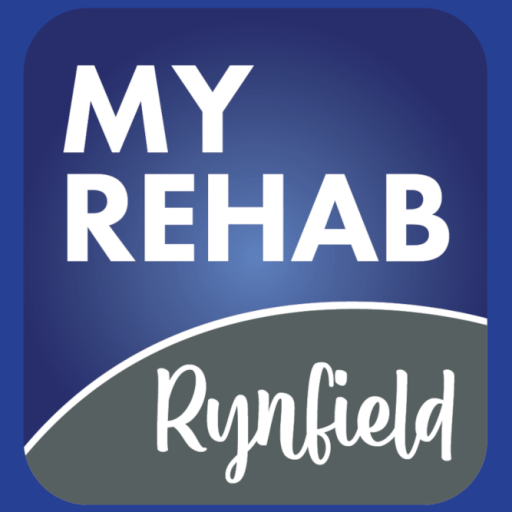In the intricate dance of mental health management, alcohol and drug abuse stand as two formidable partners capable of leading one’s steps astray. These substances not only cast a shadow upon the pre-existing spectrum of mental illness symptoms but also obscure the path to pharmacological relief. The co-occurrence of substance abuse disorders and mental health issues, often referred to as dual diagnosis or co-morbidity, presents a nuanced challenge for both the individual and healthcare providers.
A Vicious Interplay: Aggravation of Mental Health Symptoms
The interrelationship between substance abuse and mental illness runs deeper than mere concurrent existence; it is a synergistic tango fraught with complexity. Alcohol and illicit drugs exert potent effects on the central nervous system, altering mood, cognition, and behavior. Individuals struggling with mental health conditions may find temporary solace in these substances, seeking an illusory respite from the churnings of their internal turmoil.
However, this self-medication strategy is not only ineffective but counterproductive. Alcohol and drugs can significantly exacerbate the symptoms of mental disorders. Depression, anxiety, schizophrenia, and bipolar disorder, among others, can spiral into greater severity under the influence of these substances. The two-way interaction heightens the likelihood of suicide attempts, psychotic episodes, and the deterioration of one’s social and occupational functioning.
Curtailing the Effectiveness of Mental Health Medications
On the medicinal front, alcohol and drugs introduce a rogue variable into the calibrated equation of psychotropic medication therapy. The pharmacokinetics and pharmacodynamics of medications designed to stabilize mood, alieve anxiety, or quell psychosis can be disruptively influenced by these extraneous substances. Alcohol, for instance, is a central nervous system depressant that can dull the therapeutic effects of antidepressants or antianxiety medications and even increase their sedative side effects, posing dangerous risks.
Drugs such as cocaine or methamphetamines can evoke potent responses in the brain, ironically antagonizing the action of medications that aim to modulate these very responses toward equilibrium. Persistent substance abuse can impair the metabolic pathways that medications rely upon for absorption, distribution, and elimination, thus reducing their efficacy and potentially leading to therapeutic failure.
Navigating Treatment for Dual Diagnosis
Approaches for treating dual diagnosis must be integrative, weaving together the threads of psychiatric expertise and substance abuse rehabilitation. Clinicians face the daunting task of disentangling the knot of symptoms, discerning the primordial from the substance-induced.
A tailored treatment plan often encompasses a combination of medication management, behavioral therapy, and support groups. The goal is holistic healing—a careful orchestration of interventions that restore not just chemical balance but also psychological resilience and social functioning.
Conclusion: A Call for Comprehensive Care
Understanding the sinister synergy between alcohol and drug abuse and mental illness is imperative for crafting effective treatment pathways. Acknowledging the complexity of dual diagnosis and implementing multifaceted therapy approaches serve as the beacons in navigating this tumultuous journey. As mental health professionals continue to explore the interplay between substance-induced symptomology and medication efficacy, their findings will undoubtedly enhance treatment strategies, offering renewed hope for those entangled in the dual diagnosis web.
Ultimately, addressing alcohol and drug abuse as the substantial adversaries they are, in the fight against mental illness, underscores the importance of comprehensive, integrated care designed to illuminate the path to recovery and wellness.
Discover effective dual diagnosis treatment in Benoni, a serene haven near Boksburg and Johannesburg North, perfect for locals seeking recovery from the complex synergy of substance abuse and mental health issues. Our tailored programs offer medication management, behavioral therapy, and a holistic approach to healing. Tackle depression, anxiety, schizophrenia, and more, with our integrated care. Take the first step towards mental well-being and sobriety. Contact us today at admissions@myrehab.co.za, or call +27798378484 or +27828863996, and reclaim your path to recovery.

